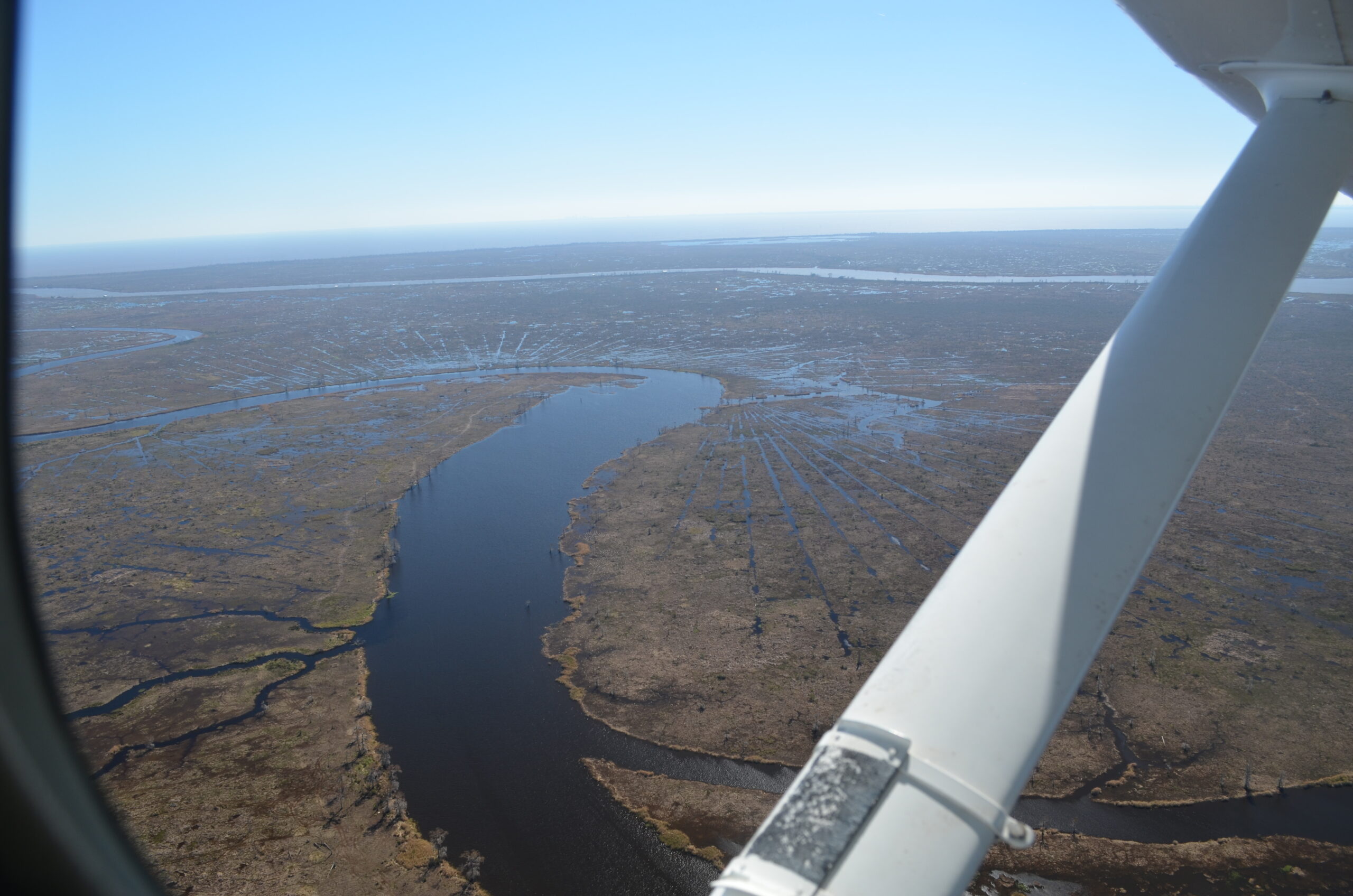
Legislative Priorities
CRCL Legislative Priorities, 2023 Regular Session of the Legislature
During the 2023 legislative session, CRCL will focus on passage of the state’s Coastal Annual Plan and Coastal Master Plan, securing long-term funding for the coastal program, creating continuity from one administration to the next for a more resilient Louisiana, and protecting a valuable natural resource by incentivizing oyster shell recycling rather than accepting the current system in which millions of pounds of this natural resource are dumped in landfills throughout the state annually.
Coastal Annual Plan:
CRCL supports the Coastal Protection and Restoration Authority’s (CPRA) FY24 Annual Plan. At $1.7 billion, the coastal budget outlined in the FY24 plan is the most significant annual commitment to the coastal program in its history and shows our state is taking our land loss crisis seriously by stepping up with concrete action. With over 80 percent of that money dedicated to construction, Louisiana’s coastal program far exceeds any other program of its type in the nation. CRCL is determined to see that our state is committed to reckoning with coastal land loss, sea level rise and related climate impacts that will affect us into the future. We view passage of the Annual Plan as critical to the continued successes of the coastal program.
Coastal Master Plan:
CRCL also supports passage of the most recent iteration of Louisiana’s Comprehensive Master Plan for a Sustainable Coast (Coastal Master Plan). As Louisiana faces more frequent severe weather events, rising sea levels and increasingly challenging decision points regarding the natural and built environment, the CMP presents a unified vision with bipartisan support, with coastal communities, business interests, environmental advocates and all levels of government coming together to inform the solutions identified in this draft plan. The Coastal Master Plan remains a remarkable achievement, establishing a programmatic response based on the latest science to address clear and present challenges and opportunities for our state. The projects and programs identified are on the cutting edge of climate change adaptation and damage mitigation, as our state seeks a more resilient, sustainable and ecologically healthy future while leading the rest of the nation by example. The 2023 Coastal Master Plan is the most comprehensive iteration of the plan we have seen. Although the challenges we face are some of the most complex and expensive to solve in the world, we have faith in the proven record of CPRA and the plans that they continue to implement. We view passage of the Coastal Master Plan as critical to the continued successes of the coastal program.
Long Term Funding
CRCL recognizes that the greatest challenge facing coastal Louisiana is a lack of long-term funding solutions needed to maintain the progress of the coastal program. The state of Louisiana is currently funding many projects in its Master Plan with monies derived from civil and criminal penalties resulting from the Deepwater Horizon oil spill. This funding source is not sustainable and will run out in 2032, leaving the state with a mere fraction of the dollars needed to implement the Coastal Master Plan. That is why we will seek to shore up long-term funding for coastal Louisiana by supporting House Bills 99 and 116, which aim to dedicate federal revenues generated from Outer Continental Shelf alternative or renewable energy production sources, including wind energy, solar energy, tidal energy, wave energy, geothermal energy and other alternative or renewable energy production or sources, to the Coastal Protection and Restoration Fund. Passage of these bills is a good first step for the state in securing long-term, sustainable revenues for the coastal program.
Continuity to new administrations
CRCL recognizes that in order to maintain the progress made by the current administration, there needs to be continuity and coordination from administration to administration and between the various state agencies. That is why CRCL is supporting House Bill 526, which establishes the Office of Resilience and provides for a chief resilience officer, an Interagency Resilience Coordination Team and a Louisiana Resilience Task Force to coordinate and align state policies, plans, budgets and resources regarding resilience from and risk mitigation for natural disasters and environmental threats. Without the establishment of the Office of Resilience and a chief resilience officer, Louisiana stands to waste agency time and resources by duplicating resiliency efforts and would likely miss out on many federal funding opportunities as a result. HB526 puts Louisiana in line with numerous other states that have established a dedicated resilience office and officer.
oyster shell recycling
CRCL operates the only oyster shell recycling program in the state, and it is one of the most successful shell recycling programs in the nation. Since 2014, we have recycled more than 13 million pounds of shell from New Orleans-area restaurants. We have used that shell to build over 8,000 feet of living shoreline protection in the form of oyster reefs. The ecological benefits and the shoreline protection benefits of our reefs cannot be understated. The benefits of oyster shell as a natural resource to the state of Louisiana are well understood; still, thousands of pounds are squandered each year. Despite our successes, hundreds of millions of pounds of this natural resource are simply discarded in the trash and end up in landfills, where they serve no function and provide zero ecological benefit. That is why we devised House Bill 255 to incentivize restaurants to recycle their shell for beneficial use. By providing restaurants statewide with a tax credit of $1 per 50 pounds of shell up to $2,000, we hope that more restaurants will be able to recycle their shell and return this resource to the water where it belongs .
We look forward to working with our partner organizations, stakeholders and legions of volunteers to ensure that our legislative priorities for the 2023 session become a reality.
